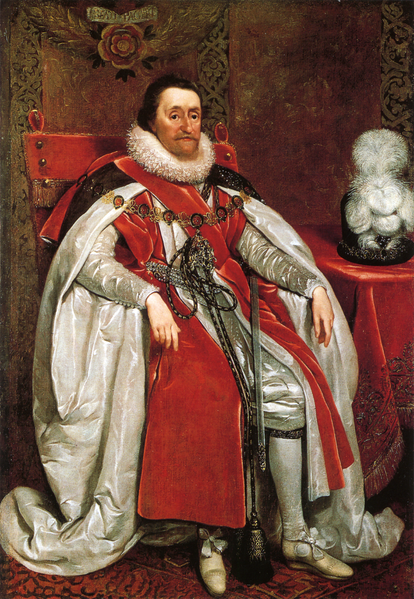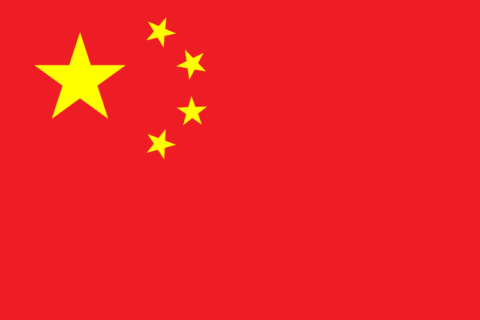In the latest Age of Invention newsletter, Anton Howes continues the tale of King James I of England (also King James VI of Scotland at the same time, the crowns still being legally separate) and his use of favourites to help him avoid going back to Parliament to ask for money:

Portrait of George Villiers, First Duke of Buckingham, 1625.
Oil painting by Peter Paul Rubens (1577-1640) via Wikimedia Commons.
At the same time, James found a way to filter many of the petitions before they even reached him. This was something he already did in his original kingdom, Scotland, occasionally sending a noble “favourite” — like his kinsmen the duke of Lennox and the marquess of Hamilton — to dispense patronage and manage its parliament. Yet he increasingly, and even scandalously, relied on favourites in England too.
Using a favourite could make some sense from a political standpoint. Favourites often owed everything they had in terms of wealth, protection, titles and standing to the king personally. As creatures of the king, their loyalty was assured. They served an important practical function by dispensing patronage and absorbing pesky petitions, and could insulate the king himself from blame. Should the king make a mistake, his favourite was the obvious man to take the fall.
But for James, the use of favourites went beyond mere practicality, if they were ever practical at all. His interest could also be romantic.
Although James was married with kids, his favourite by 1607 was one Robert Kerr, the younger son of a minor Scottish laird. A mere groom of the bedchamber, about twenty years James’s junior, he had fallen from his horse in a jousting accident and broken his leg. The king helped nurse him back to health, and was soon besotted. Kerr — often anglicised to Carr — was very rapidly given money, titles, and lands. Within a year he had been knighted, after four years made a viscount, and in 1613 an earl.
But what had been so rapidly gained, could be just as rapidly lost. In 1614, a rival faction at court made sure that another, even younger and more attractive man would catch the king’s eye. This was George Villiers, the 22-year-old younger son of an obscure knight. With his “effeminate and curious” hands and face, as well as a remarkable physique — a clergyman, later a bishop, marvelled at his “well compacted” limbs — Villiers’s rise made Kerr’s seem slow. Every year brought him a new title: in 1615 Villiers was made a knight, 1616 a viscount, 1617 an earl, and 1618 a marquess — a very rare title in England, last given to an influential co-regent of Edward VI, and before that to Anne Boleyn so that she could marry king Henry VIII.
Eventually, incredibly, in 1623 James made Villiers a duke. This was a title that was typically reserved for members of the royal family, or else given by very powerful regents to themselves — Villiers was the first in neither of those categories to be made a duke in 140 years. And he hadn’t even been born into the nobility! The apparent lesson: working on your triceps can really, really pay off.
Yet Villiers had more than just an angelic face and muscles. He seems to have had a real talent for politics, very quickly asserting independence from the faction that had put him before the king. And he would somehow remain the favourite even after James died and was succeeded by his heterosexual son, Charles I. In the dangerous waters of courtly faction — Robert Kerr had meanwhile been found guilty of murder and was imprisoned in the Tower — Villiers knew how to keep himself afloat, and even to chart a course of his own.
And he was extraordinarily corrupt.















